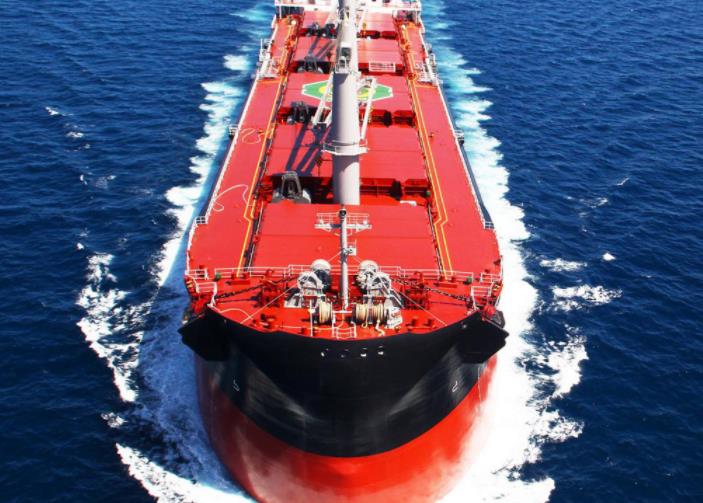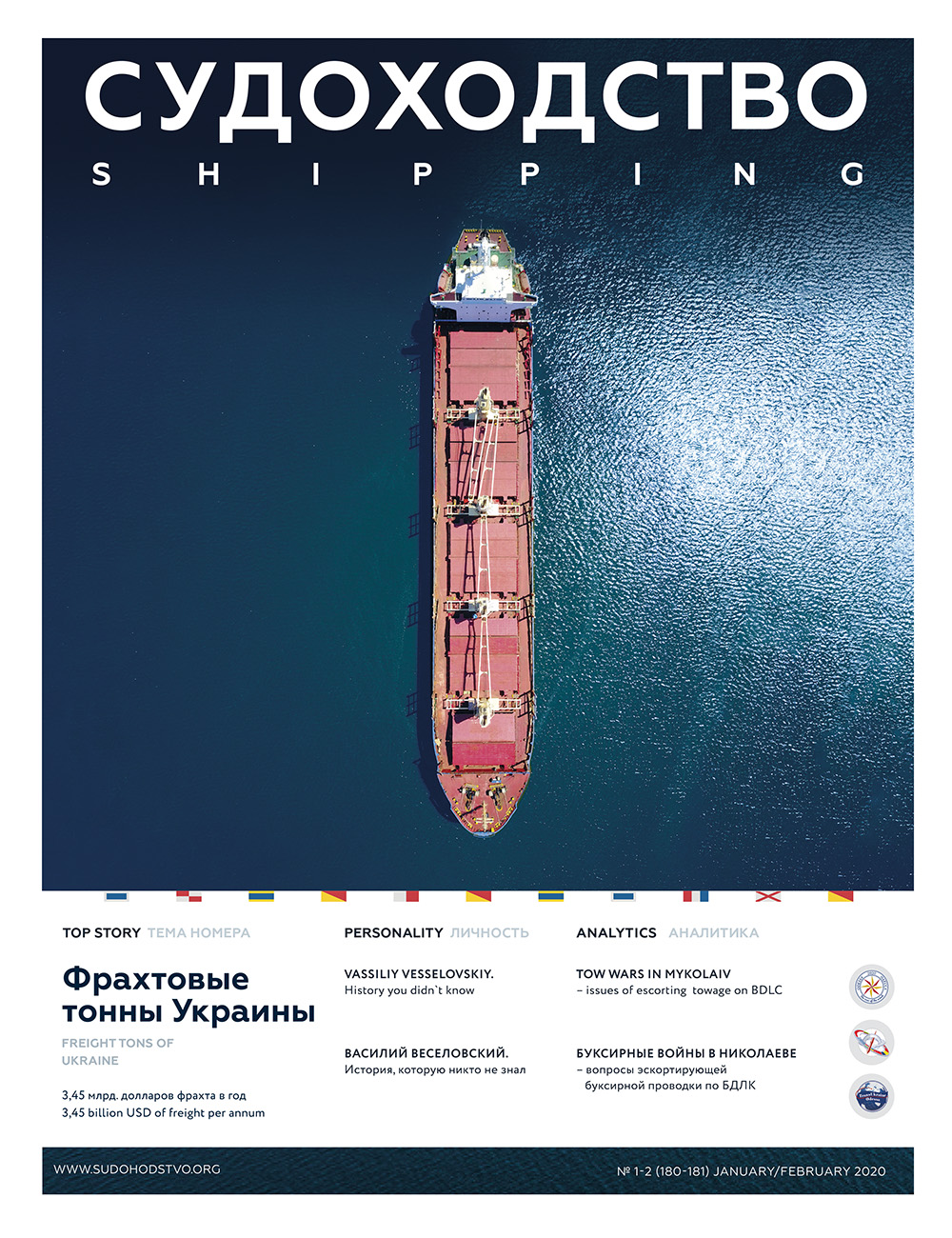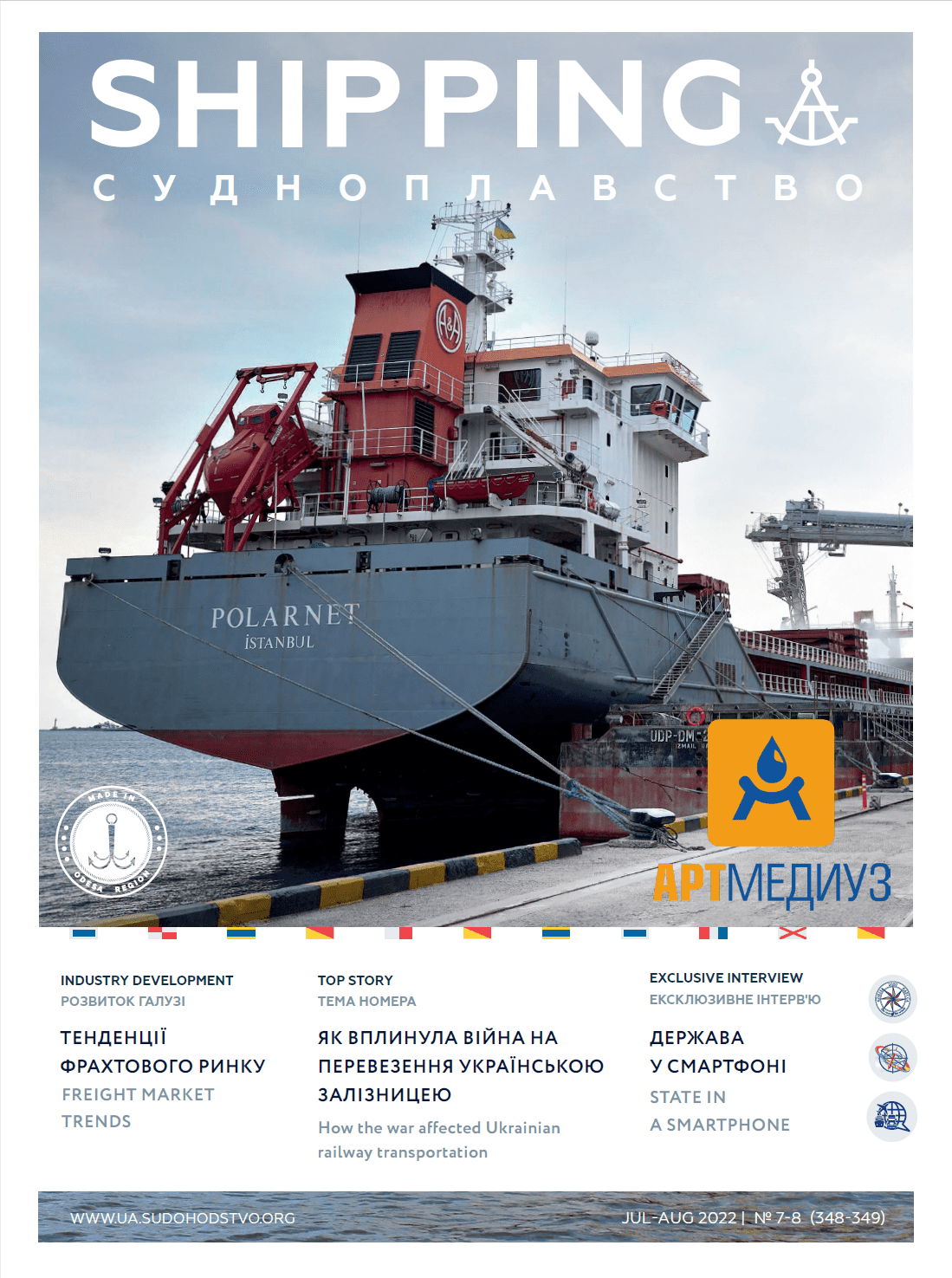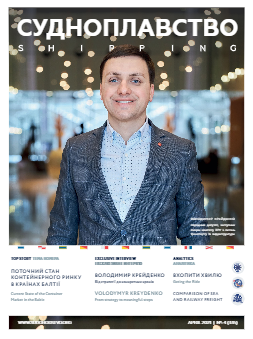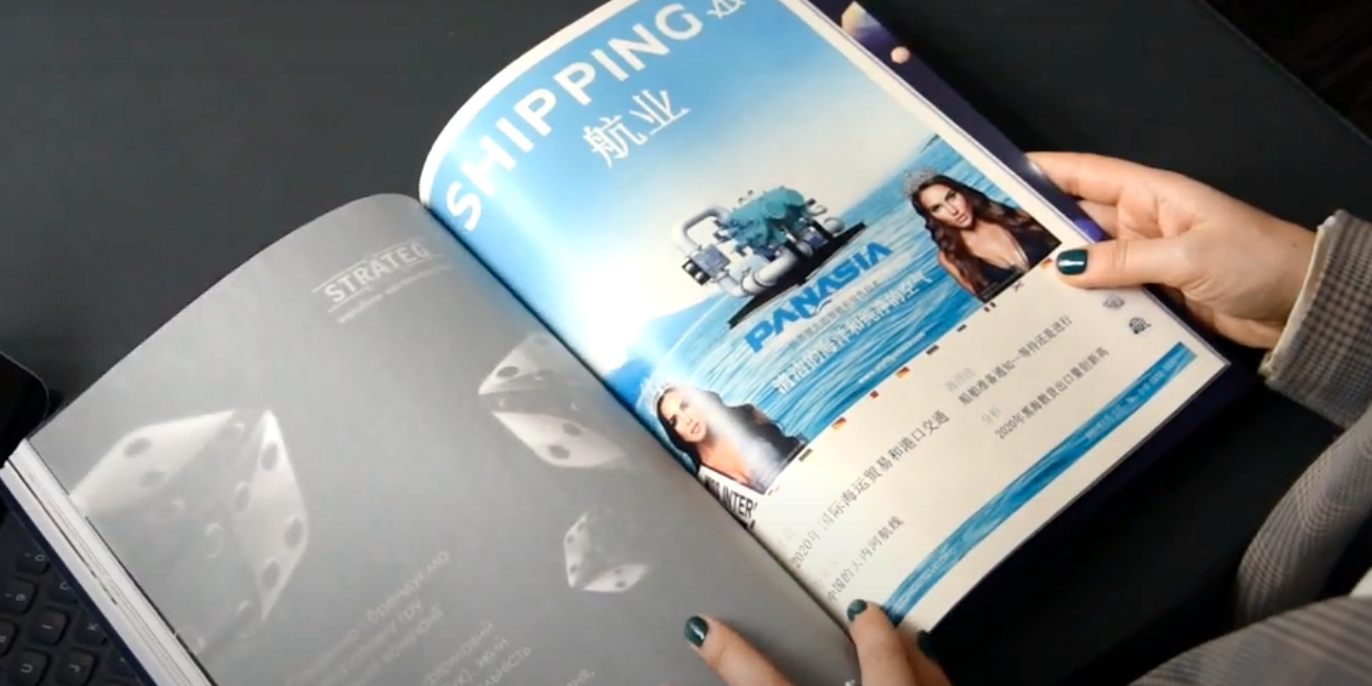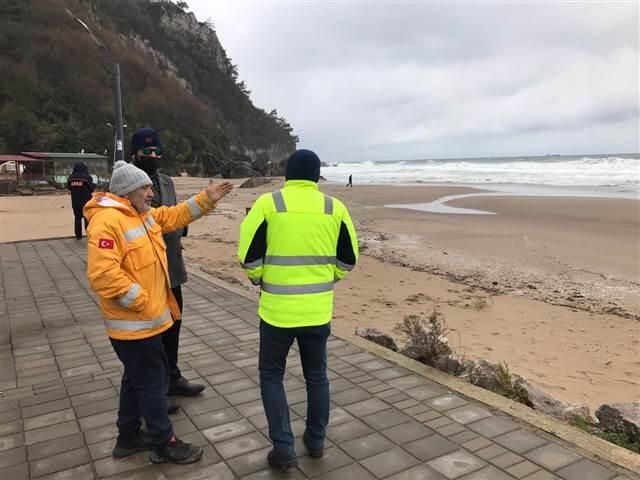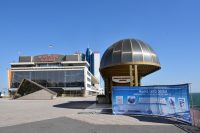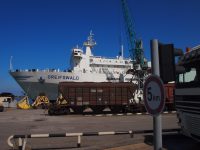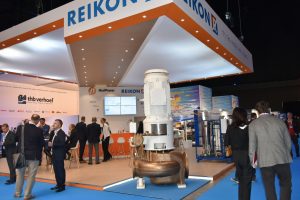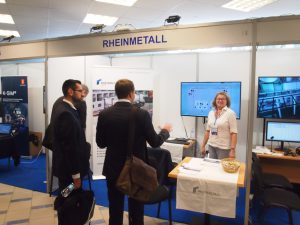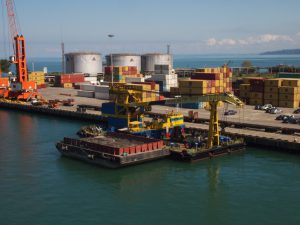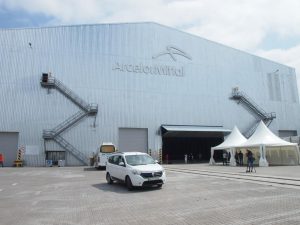Ferry operator Scandlines has signed an agreement with Norsepower to install the auxiliary wind propulsion system Rotor Sail Solution onboard the m/v Copenhagen, a hybrid passenger ferry.
Operating between Rostock in Germany and Gedser in Denmark, the M/V Copenhagen combines diesel and battery power.
With the addition of Norsepower’s technology, the ferry will further reduce its emissions.
As informed, preparations for the retrofit will take place in November 2019 with the installation scheduled for Q2 2020. M/V Copenhagen is set to be retrofitted with one large-sized Norsepower Rotor Sail unit that is 30 meters in height and 5 meters in diameter.
The Norsepower Rotor Sail Solution is a modernised version of the Flettner rotor – a spinning cylinder that uses the Magnus effect to harness wind power to thrust a ship. It is the first data-verified and commercially operational auxiliary wind propulsion technology for the global maritime industry.
When wind conditions are favorable, it enables the electric propulsion thrusters and center propel to be throttled back, reducing emissions – while providing the power needed to maintain speed and voyage time. Because it generates supplementary thrust from wind, the solution is compatible with all other emissions saving technologies.
The route between Gedser to the north and Rostock to the south is almost perpendicular to the prevailing wind from the west, giving Scandlines favorable conditions for using Rotor Sails on the ferry crossing.
“By installing a Rotor Sail, we can reduce CO2 emissions on the Rostock-Gedser route by four to five per cent,” Søren Poulsgaard Jensen, Scandlines CEO, commented.
German Nature and Biodiversity Conservation Union (NABU) welcomed Scandlines’ decision to further reduce CO2 emissions.
“NABU welcomes Scandlines’ various efforts towards sustainable shipping. With rotors besides hybrid drives, the company sets new standards in terms of integrating different technical solutions to mitigate especially climate and air pollution emissions. To reach the Paris climate goals, more corporate responsibility by other shipping companies is needed,” Malte Siegert, Head of Environmental Policy at NABU, said.
Commenting on the deal, Tuomas Riski, CEO of Norsepower said: “We are proud to be partnering with Scandlines as we work towards a modern era of auxiliary wind propulsion for the global maritime fleet, while supporting shipping’s transition to a low-carbon future.”
Since 2013, Scandlines has invested more than EUR 300 million (about USD 335 million) in building and retrofitting ferries from conventional diesel-driven to hybrid ferries. With more than 43,000 departures on eight ferries, Scandlines transported 7.4 million passengers, 1.8 million cars and more than 700,000 freight units and 36,000 busses on the routes Puttgarden-Rødby and Rostock-Gedser in 2018.

